In October 2021, SIBUR and TAIF completed consolidation at PJSC SIBUR Holding. But it was only the start of their joint effort. With reliance on best practices of the two companies, they are set to build global leadership in the petrochemicals market.
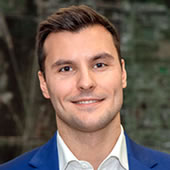
YAROSLAV SOVETKIN,
Head of Industry Sales in the Medical segment:
Caring for the customer
First of all, it was decided, prior to the start of sales, on behalf of a single legal entity, to transfer all customers to uniform contracts and consolidate the shipment operations. “Together with Legal, we developed a special contract form so that if a contract was entered into by Kazanorgsintez or Nizhnekamskneftekhim, it allowed us to transfer all the supplies to PJSC SIBUR Holding without re-signing on the part of customers from 01 March 2022”, says Yaroslav Sovetkin, Head of Industry Sales in the Medical segment. “This way, the customers did not have to go through the trouble of an added document flow cycle: our business continued through habitual interaction with the newly integrated SIBUR and not Kazanorgsintez or Nizhnekamskneftekhim.”
To maximize the convenience of transition for our customers, we launched parallel roll-out of the feedback system. “The customers who already had an account manager either stayed with the previously assigned professional or were assigned a new manager from the legacy perimeter of SIBUR. In addition, the Customer Service Center enabled the single window solution for customers providing new services previously non-existent in Tatarstan”, says Vladimir Zimovtsev, Head of Commercial Functions Development. “We also introduced an option to use accounts for e-commerce sales to post orders and requests.”
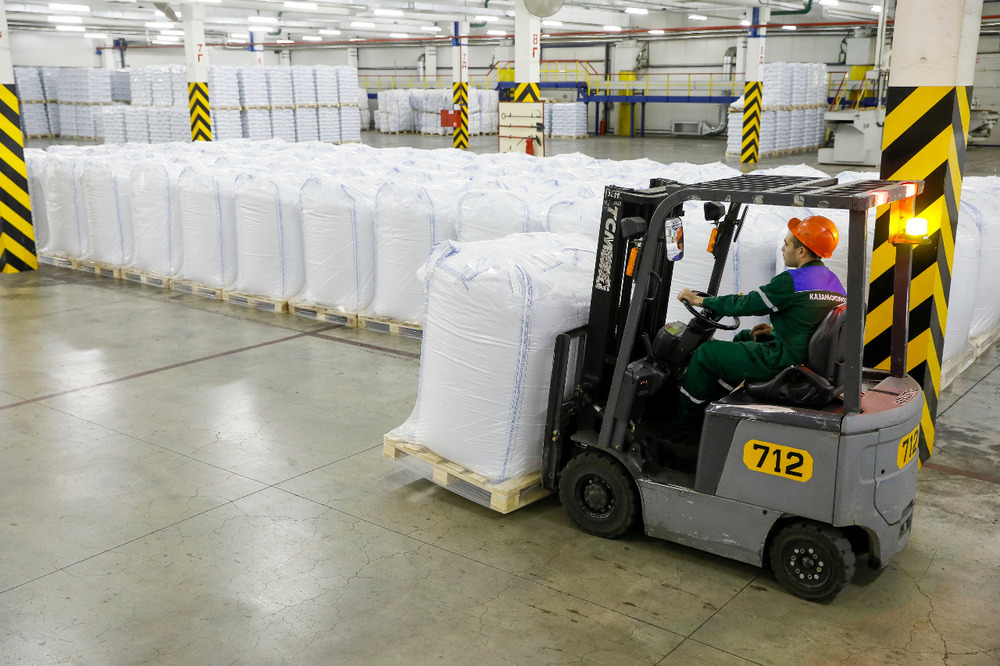
In addition, SIBUR offers all-round service solutions to its customers.
“Last year, we developed eight services: Prompt Shipments, Direct Shipments, Small-Sized Shipments, Sustainable Storage, Deferred Payment (includes a number of services to tackle different financial instruments), Technical Service Advisory (several services as well), Custom Packaging, and Expedited Export,”says Vladimir Zimovtsev. “Under the import substitution framework, we are currently designing another service helping to find analogs and procure feedstock.”
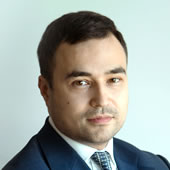
VLADIMIR ZIMOVTSEV,
Head of Commercial Functions Development:
“We tailor our service portfolio to each individual customer to facilitate their development in sync with SIBUR” adds Maria Borisova, Head of Customer Service. “Our pooled resources and joint sales will help to not only preserve the current service level, but to achieve new targets through consolidated effort and integration capability. For instance, if a prompt shipment is needed but at the same time you seek to minimize costs, we will explore the options for mutual saving through optimized transportation legs or third-party storage cost cutting. Our logistics services allow for that.”
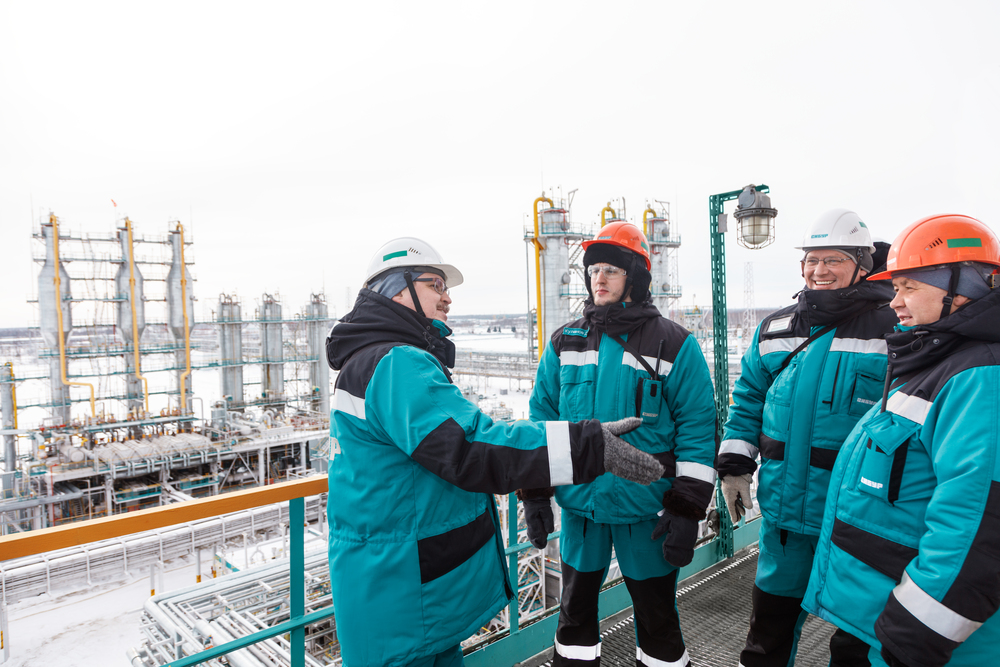
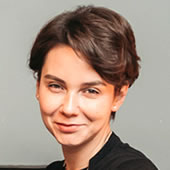
MARIA BORISOVA,
Head of Customer Service Center:
Caring for the people
In parallel with process organization to secure stability and predictability of supplies, SIBUR is supporting social and economic development programs in the regions. For example, in autumn 2021, Nizhnekamsk launched the Formula for Good Deeds Program (FGD). It opened up with a traditional grant competition. Nizhnekamsk with 74 grant-seekers had the most applications of any city participating in the grant completion.
“We are very happy that municipal administrations have shown so much interest, enthusiasm, and determination to participate,” says GR Director Aleksey Shakhov. “At the end of the competition, seven projects were awarded funding for the total of RUB 4,249,638, including multidisciplinary lyceum No. 37, children’s school of music No. 1, Dinamo sports school, Women of Nizhnekamsk nonprofit organization, etc. They will use the funding to deliver environmental projects: clean up the surrounding areas and streams, plant trees. A cross-fit academy for kids and teenagers is already up and running, new educational and cultural initiatives are underway.”
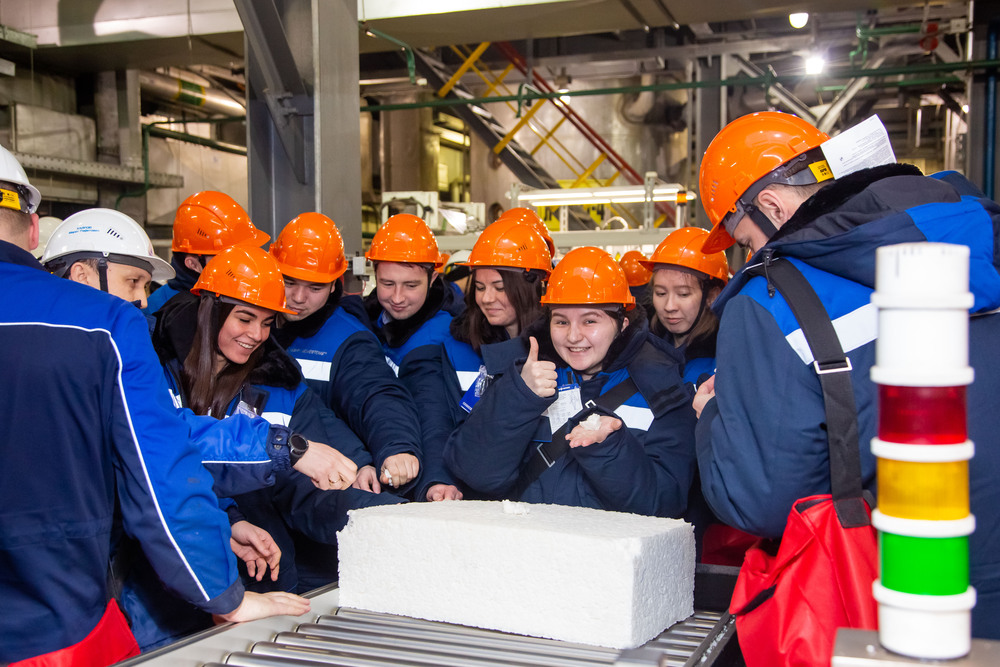
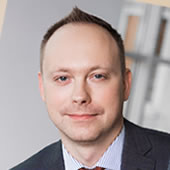
ALEKSEY SHAKHOV,
GR Director:
In addition to the grant competition, Nizhnekamsk also plans to host SIBUR’s interregional projects in areas such as education, culture, and environment. In May, the Recycling Shop project will begin: containers will be set up around town to collect plastic caps; in August, we will open a shop for students to make household items from plastic waste without any professional help. In August, the Nizhnekamsk teachers will be offered intensive courses on teaching physics, chemistry, mathematics and developing the engineering mind-set thinking under the STEAM School framework. The Power of Word literature festival is scheduled for September, and finally October will see the STEAM Fest for kids and parents - one of SIBUR’s key projects seeking to promote natural and technical sciences.
“We have also introduced our colleagues to our corporate volunteer program, delivered an induction webinar and are now discussing volunteering opportunities for employees in the regions of operations”, says Aleksey Shakhov. “We hope to see our Nizhnekamskneftekhim and Kazanorgsintez colleagues join the SIBUR’s volunteer movement soon.”
Synergy
The best outcome of integration is synergy. In terms of production operations, synergy is definitely there. “Consolidation of the businesses with identical operations in various parts of our vast country helps streamline the brand portfolio”, says Anatoly Svetlikov, “i.e. to dedicate one site to a certain brand in demand in a given region and downsize production of transitional brands at other plants.”
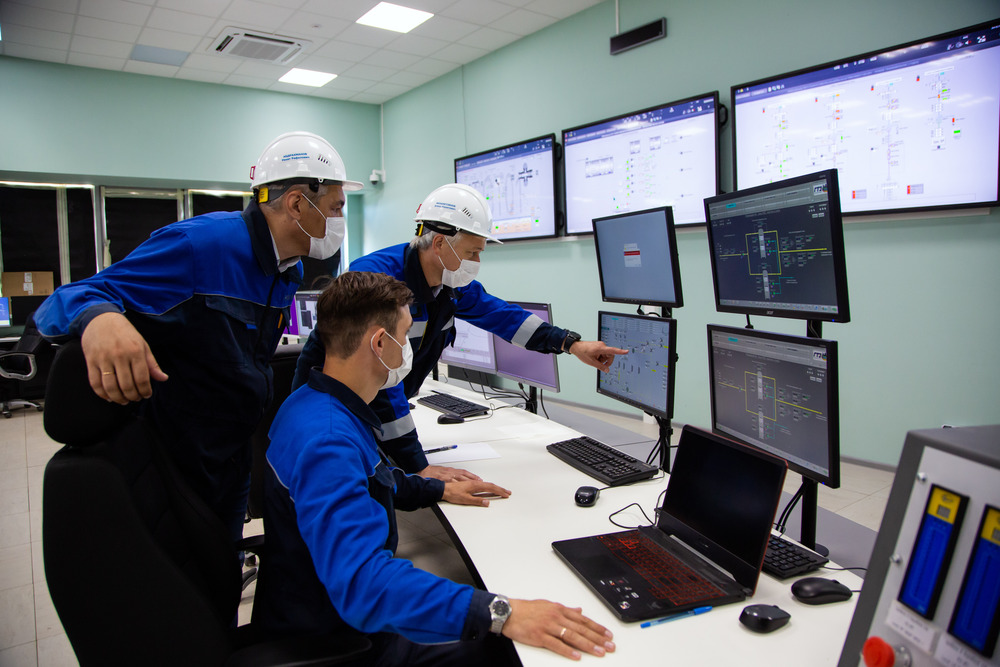
Another critical synergistic effect is a single planning system. Historically, sales in Tatarstan were controlled by output and the then-current capacity. SIBUR’s sales model is driven by demand.
“Our planning model calculates the efficient utilization rate and produces the optimal brand wheel”, says Yaroslav Sovetkin. “This model helps us to develop a production program for the plants to run more effective sales, and reduce costs associated with the transition to a different brand.”
The shared planning system now serves all the operations within the integrated business, including Tatarstan. This enables optimal utilization of production capacities and a much more flexible response to external challenges, allows us to modify the feedstock mix, and increase asset profitability, etc.
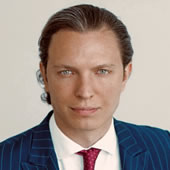
ANATOLY SVETLIKOV,
Head of Industry Sales in the Transport segment:
Shared direction: universal ESG strategy
Within the integrated business, SIBUR continues to implement the energy conservation and efficiency programs at their plants. One of its deliverables is reduced levels of greenhouse gas emissions. SIBUR’s ESG strategy reflects the commitments to develop the forest and climate change projects as one of the tools for decarbonization.
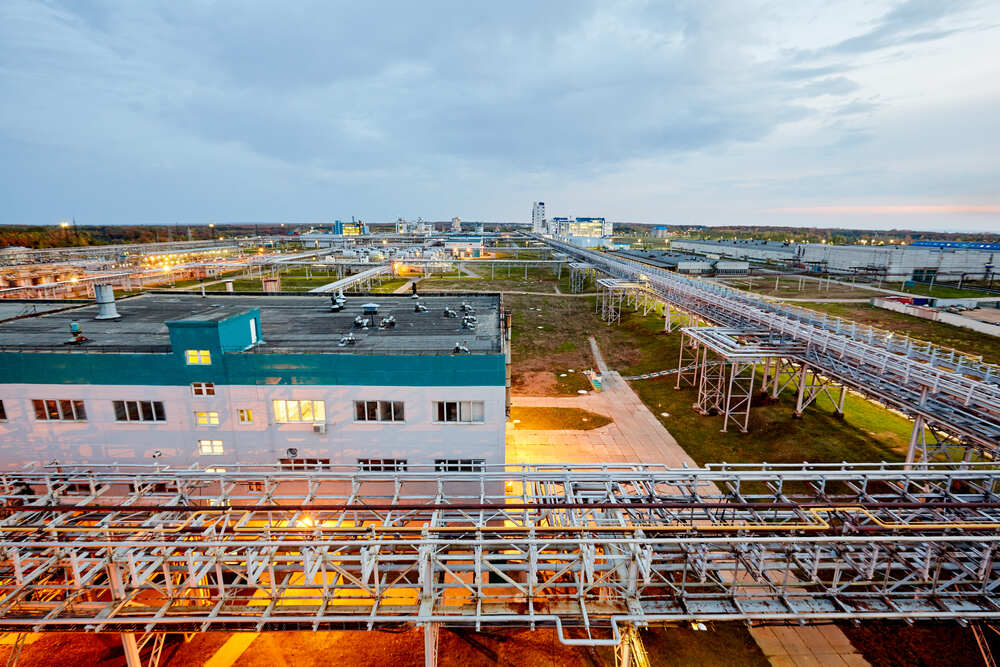
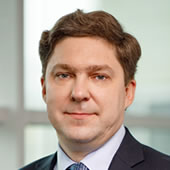
MAKSIM REMCHUKOV,
Head of Sustainability:
“We recently launched the Green Formula program to plant over 5 million trees by 2025 and start a pilot project to issue carbon units”, says Maksim Remchukov, Head of Sustainability. “From 2021, we have been working (commissioning expected in Q1 2023) on building the infrastructure devoted to capturing carbon dioxide from gases emitted in industrial processes of ethylene oxide and glycol production at SIBUR’s plant in Dzershinsk in the amount of up to 30,000 tonnes per year with further supply to the LindeGasRus JSC site. LindeGasRus is building a СО2 purification facility to produce food-grade carbon dioxide. The project will allow us to reduce the СО2 emissions to 25,000 tonnes per year (per 100% of СО2).”
Another focus area for SIBUR is production of PET granules using recycled content at POLIEF’s site in Bashkortostan. “The project is now at the pre-commissioning stage, commissioning and start-up are expected shortly”, continues Maksim Remchukov. “Advances in processing deliver a substantial contribution to the nation-wide reduction of greenhouse gas emissions through reduced consumption of primary hydrocarbon feedstock in product manufacturing and less waste disposed of or incinerated. On April 12th, POLIEF also launched a solar power plant. The produced electricity will be consumed internally to supply the plant’s processes and utilities.
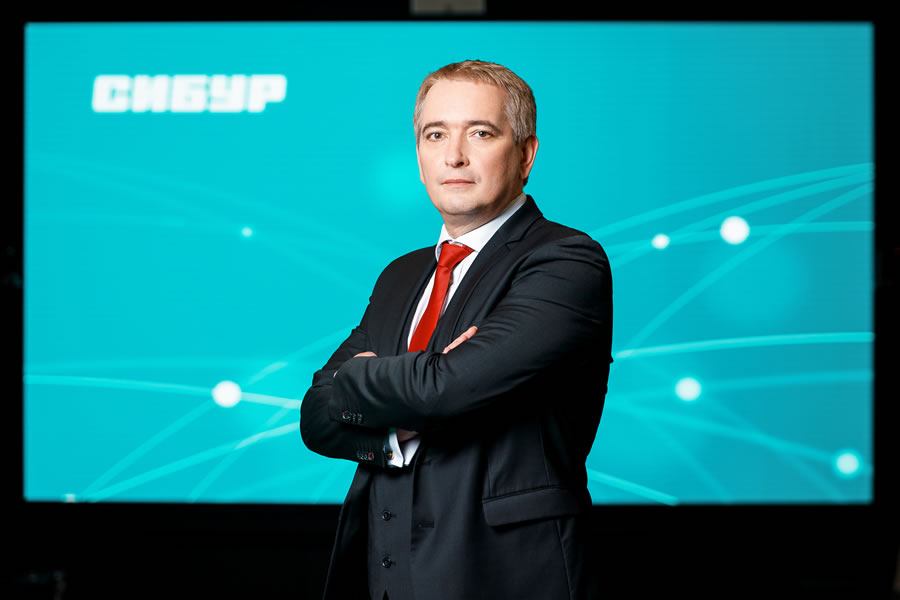
Sergey Komyshan, Member of the Management Board – Executive Director at SIBUR:
“Clearly, the integration of SIBUR and TAIF is still ongoing. And I believe that the most challenging aspect to address is the integration of corporate cultures. Up until recently, we even spoke a ‘different’ Russian language. I mean the terminology or abbreviations that the people in the pre-integration perimeter of SIBUR have been long used to. They did not realize how it could be a barrier for communications. Once we started working with our Tatarstan colleagues, we became aware that it might be hard to understand us. At the same time, our shared corporate culture benefits from it. We are learning to avoid abbreviations and the words borrowed from English which makes our joint efforts much easier.
Nizhnekamskneftekhim, Kazanorgsintez, and TGC-16 are now transitioning to a single payroll system and undergoing a roll-out of transparent goal setting and evaluation framework. Note that all the ongoing transformations enable a whole new level of transparency in determining the input required from each individual employee and the targets earning them recognition and bonus. Working towards a shared goal, we will improve trust in these developments scheduled for completion by the end of the year, and in 2023, our colleagues will feel at home in the newly integrated single company. Note that even now, by virtue of the integration synergy, we can firmly stand our ground against any geopolitical or economic disturbances: sustain the utilization rates, pay salaries, drive growth and positive results, pursue a predictable pricing policy for the benefit of our domestic customers and end consumers.
The customers of the integrated business have acquired entirely new opportunities to access SIBUR’s products and services. In particular, packaged services that consolidate procurement that was previously done via different decision making centers and legal entities.
Basically, for all materials, we have backup production capacity to support effective domestic demand in the event of force majeure. Export shipments, as we all know, are currently hobbled by logistics challenges. Under an umbrella framework, we can now respond to the constraints associated with undersupply of the requisite chemicals from Europe in a completely new way, and usually quite successfully find their analogs in Asia. These new logistic routes bring advantage not only to the SIBUR’s pre-integration businesses, but to the Tatarstan plants as well. I am convinced we are capable of avoiding lengthy halts across almost all production chains. In particular, we have managed to redesign our traditional logistics to continue delivering rubber to our European customers. And it was a joint effort of the consolidated company that enabled this.
As for the pricing policy, from February to March, to maintain internal demand, we left our finished product prices almost intact. The single sales center and the single planning system in the integrated company give us much higher flexibility of capacity utilization, enable predictability of adverse effects and prompt response to them. And such response is company-wide across the entire capability base of the organization. That is why our customers have been practically unaffected by the macroeconomic factors in the second half of the first quarter (ruble depreciation and rising oil prices). We did see a certain rise in demand by the start of March. But our policy designed to maintain output, demand and stable shipments, allowed us to tackle this increase in demand and reassure our customers.
Note that we projected potential direct losses from processing of the planned feedstock mix in Nizhnekamskneftekhim. Once we realized that in March, we reconsidered this mix and increased consumption of LPG. We renegotiated the contracts with our heavy feedstock (naphtha) suppliers, managed to transition to a more efficient pricing policy based on average prices existing before February 2022, which allowed us to turn around the profit margin of Nizhnekamskneftekhim from negative to positive and basically maintain the finished product prices for our customers. This greatly proves the strength of the integrated company, its ability to effectively respond to adverse and sometimes even earth-shattering changes in external environment.
I am truly convinced that the integrated company is now much more agile than prior to integration. The same is relevant for the new chemicals production in Russia: we now have a completely different view on our capability. In March, we launched the maleic anhydride (MAN) project in Tobolsk. MAN has a rather broad range of uses and was never produced in Russia before. We are now reconsidering our shared portfolio of R&D projects to eliminate overlapping ones. Our priority is import substitution. Of course, it will take time to start these projects. But I am confident that we will succeed. In a completely new capacity, having the resources of the integrated company. Nothing is impossible. We’ll make it through!”





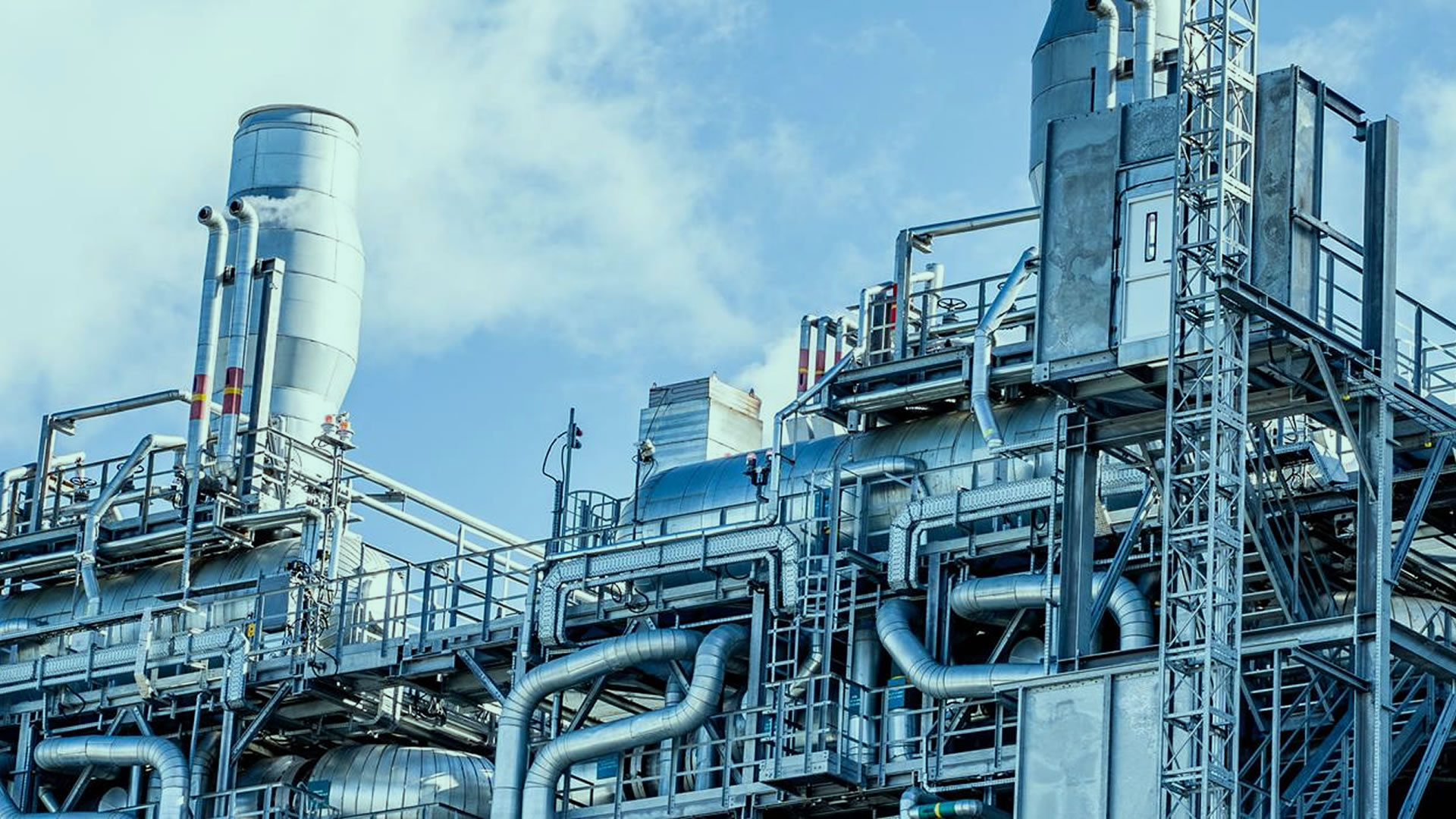

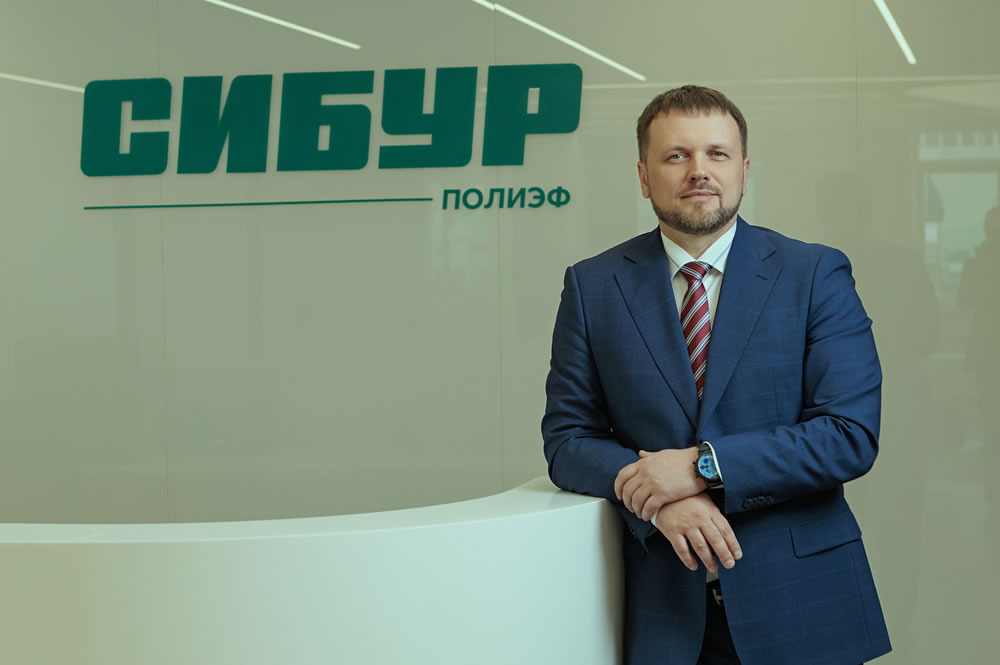


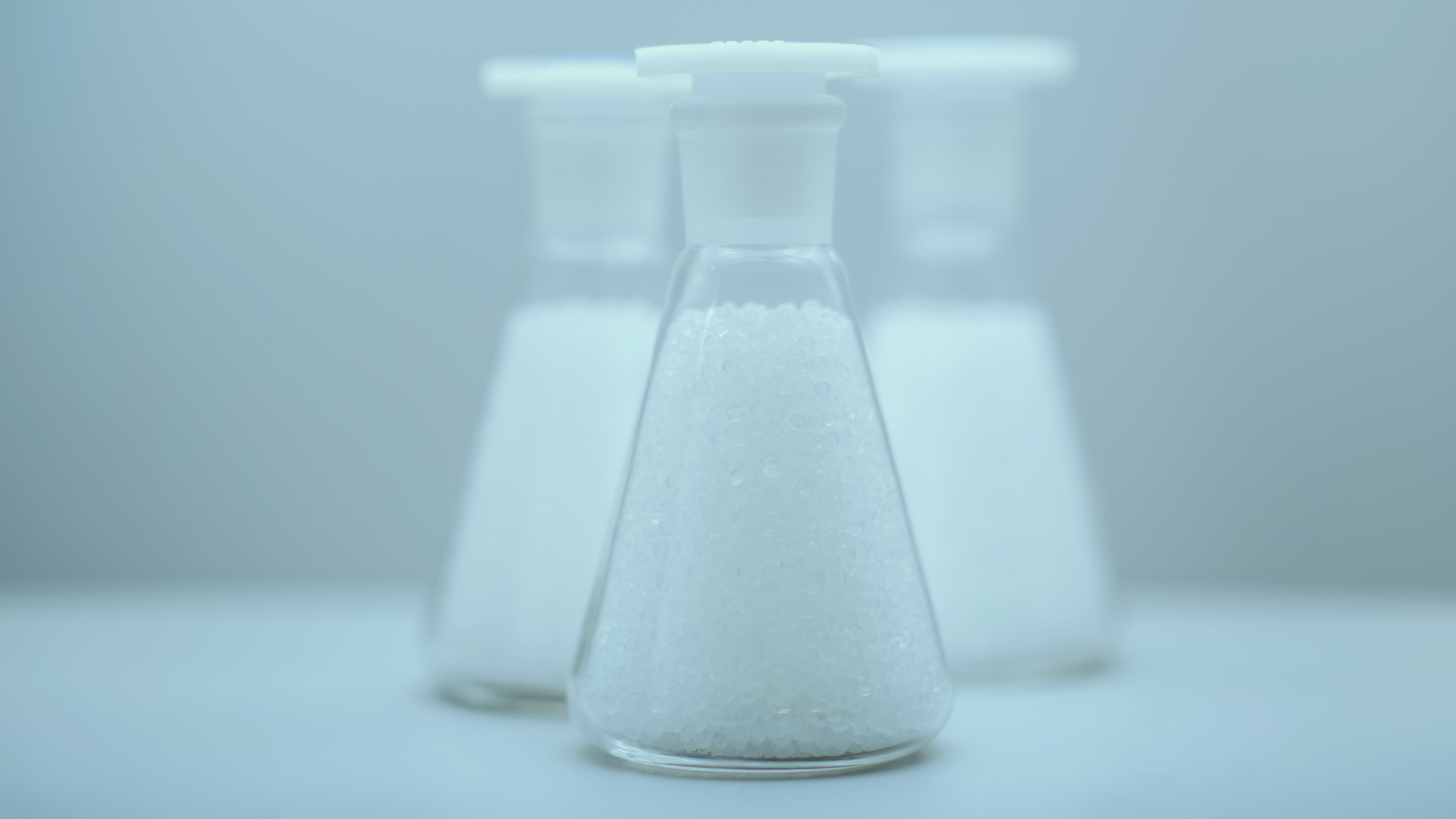








Comments (0)